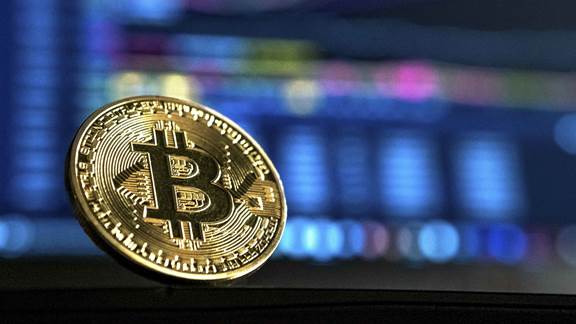
El Salvador's move to make bitcoin legal tender opens doors to financial freedom
What are remittances?
Remittances usually have to be explained to readers in first-world countries like the US or the UK, where local currency is taken for granted as a reserve currency. For the first-world reader--it’s a privilege to not know this--a remittance is a sum of money sent, especially by mail, in payment for goods or services or as a gift. Most commonly, though, they are a "non-commercial transfer of money by a foreign worker, a member of a diaspora community, or a citizen with familial ties abroad, for household income in their home country or homeland. Money sent home by migrants competes with international aid as one of the largest financial inflows to developing countries.”
According to The World Bank, an astonishing 21% of the GDP for the entire country of El Salvador is in the form of remittances.
There are three major problems with remittances in El Salvador at present:
- Fees
- Violence at the point of pickup
- Transfer speed
The benefits of making bitcoin legal tender
By adopting bitcoin as legal tender and introducing the Lightning Network to citizens across the nation, all three of these problems will be eliminated for those who choose to onboard. Citizens will now have a way to instantly receive remittances for nearly no fee and no worries of violence, thanks to the circular bitcoin economy being implemented in El Salvador.
Since remittances will be able to be received nearly in full and securely, the GDP of El Salvador and the circulating supply of money will increase significantly over time as the adoption of bitcoin occurs. This will increase the wealth and economic opportunity for the people of El Salvador, but there is also another story and opportunity at play here.
For bitcoiners, outsiders, and capital allocators alike, economic opportunity is taking shape. Since the law has passed, the country is less than 90 days away from implementing these changes across the country, and with it comes a flurry of opportunities for those looking to build new businesses or expand existing ones. Bitcoin is an open monetary network--one that anyone can not only join, but also build upon--so it opens the doors to access for every human being worldwide, little by little, similar to the way the Internet has done.
The impact for El Salvador
For those looking at El Salvador, there is a long list of needs to help grow this new economy. Among them are educational materials, companies to provide bitcoin and financial services, energy innovators to facilitate bitcoin mining, as well as a whole host of other companies and businesses to support and build around this new industry.
Kin + Carta is actively expanding in LatAm and has a vested interest in following this narrative. By adopting bitcoin, there will be a wave of new tech entrepreneurs both inside and outside El Salvador that are focused on bringing new capital to help El Salvador tackle these needs. This is why bitcoin is so important to our customers as well as the principles and B Corp values of Kin + Carta as an organization. Bitcoin is economic empowerment that is open and available to everyone around the world.
El Salvador is the first country to implement the bitcoin standard and it opens the doors to any and all looking to capitalize on that opportunity. Many more countries will adopt the bitcoin standard over time, including, hopefully, Argentina where many of our colleagues live and work while experiencing higher than normal inflation.
Kin + Carta is committed to bringing financial inclusion to all by adapting to and embracing this opportunity.